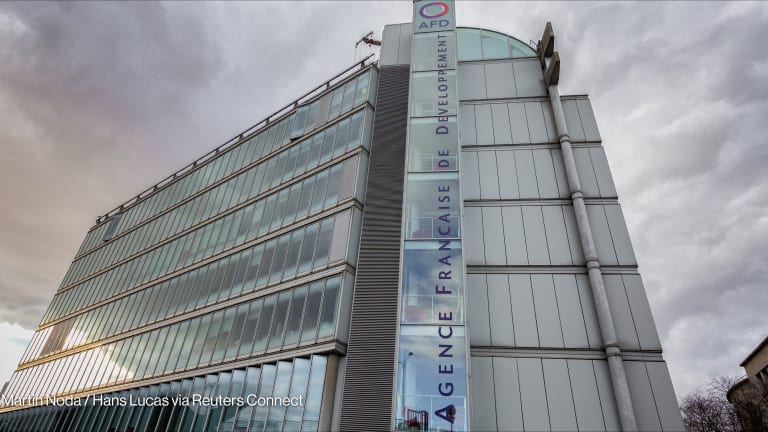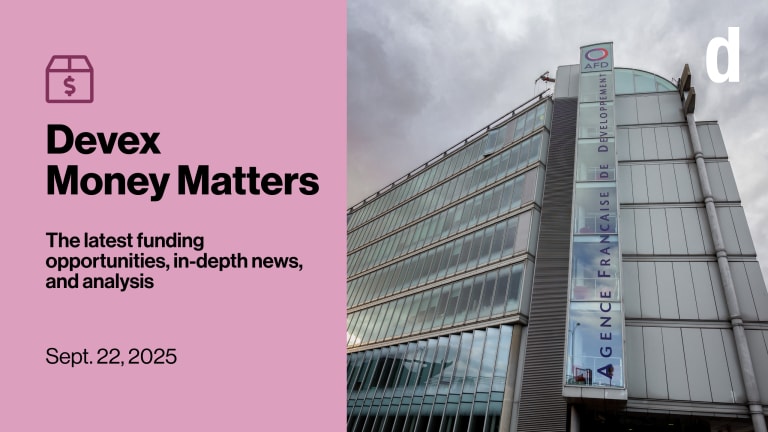As a result of a major aid reform, France’s development agency — Agence Française de Développement — is poised for greater financial capacity and “more regular dialogue” with the development community, according to AFD’s director of strategy.
France’s aid reform, confirmed by French President Francois Hollande last month, will include the merging together of AFD and a financial organization under control of the French Parliament called the Deposits and Consignments Fund, or CDC.
AFD’s annual financing capacity will rise from 8.5 billion euros ($9.22 billion) to 12.5 billion euros by 2020 and half of that increase will be directed towards climate change — raising annual climate financing from 3 billion to 5 billion euros by 2020.
Printing articles to share with others is a breach of our terms and conditions and copyright policy. Please use the sharing options on the left side of the article. Devex Pro members may share up to 10 articles per month using the Pro share tool ( ).








